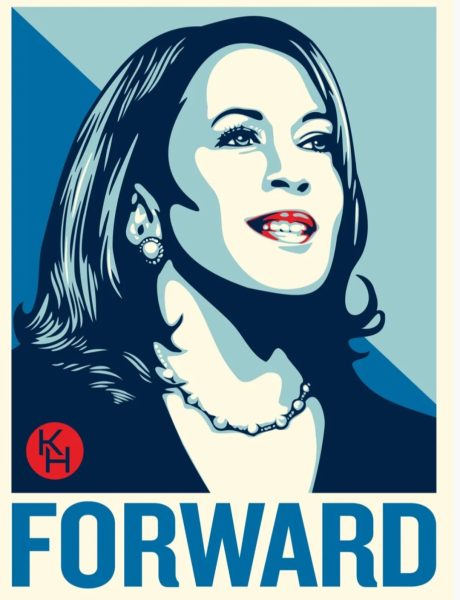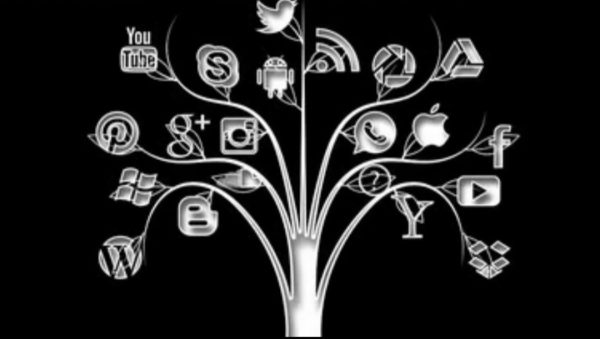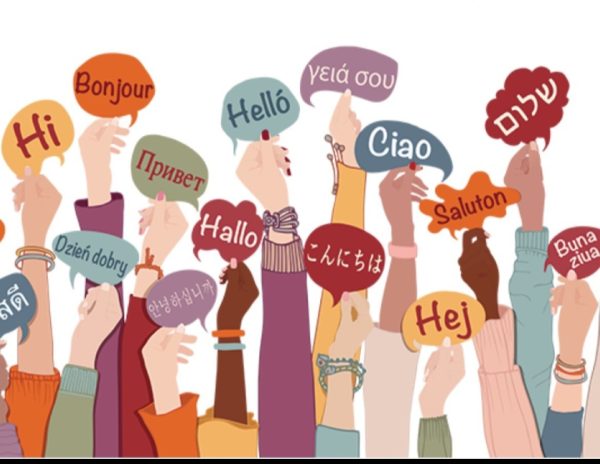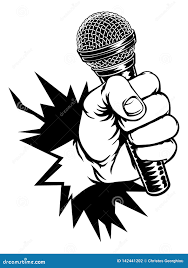#HimToo and the plight of the modern man
Oh, what a tough time it is to be a man.
With the rise of women’s empowerment movements like #MeToo and Time’s Up, men have every right to be afraid. Decades ago, men were the ones in control. As shown in various short stories and books from the 1800s to the 1950s, women rarely had a say in their society, in their marriages, and even in their own lives.
One example is Charlotte Perkins Gilman’s gothic short story, “The Yellow Wallpaper,” which chronicles a woman’s descent into madness at the hands of her doctor-husband.
While the narrator of the story suffers from a serious mental illness, her husband assures her that all she has is a “temporary nervous depression.” He forces her into what is called a “rest cure,” where someone is isolated from society and discouraged from using any creative outlets.
Ironically, this “cure” exacerbates her mental illness. Gilman’s story was effective in revealing the imbalance of power in marriages. Men wield dangerous power over women.
But times have changed, right?
Now, women are no longer passive regarding mistreatment. This means that men have to face the consequences for any abuse, harassment, or assault committed against any woman in the past, the present, or the future.
Fearful of these consequences and of women’s newfound courage, men have rallied themselves behind the hashtag #HimToo.
#HimToo developed as a response to the #MeToo movement, vocalizing the fears men have of false sexual assault allegations. These fears have been intensified by today’s climate of women speaking up about their stories of sexual assault.
But it’s not only men who have this fear.
Take, for example, this story of a mother who tweeted in support of #HimToo. The mother of 32-year-old Pieter Hanson tweeted, “This is my son…He is a gentleman who respects women. He won’t go on solo dates due to the current climate of false sexual assault accusations by radical feminists with an axe to grind. I vote #HimToo.”
Pieter ended up refuting what she said about being fearful of false accusations and said he was against what #HimToo stood for.
His mother’s tweet ended up becoming a format for a new viral meme spreading rapidly on Twitter. While the story is quite lighthearted and funny, it raises the question of whether the controversial hashtag is warranted.
There is a stark difference between supporting innocent men and trying to discredit victims of sexual assault. #HimToo is disguising itself as the former but effecting the latter.
When people use #HimToo in the case of a sexual assault, they use it as a justification for why a woman shouldn’t be believed, basing this justification off of the possibility that the woman is lying.
The fears had by supporter of #HimToo are based on the notion that radical feminists are out to get men and are accomplishing this by accusing them of sexual assault.
The case of Kavanaugh vs. Ford was what truly awakened the #HimToo movement. Supporters of Justice Kavanaugh tweeted the hashtag to show their support for him as well as their disbelief of Ford’s allegation being anything more than a conspiracy to destroy Kavanaugh’s career.
While it is entirely possible that a victim, like Dr. Christine Ford, is falsely claiming sexual assault, it is also highly unlikely, with only 2-10% of sexual assault claims being false (according to the National Sexual Violence Resource Center).
Although it’s unfair to discredit the small percentage of cases where accusations are false, it’s also unfair to project that 2-10% on every sexual assault victim that comes forward.
Though it may look and sound like #MeToo, the #HimToo movement is the antithesis of its progressive and empowering counterpart.
All that the hashtag has accomplished is the misrepresentation of the current climate of women’s empowerment as something negative. In reality, it should be celebrated that women finally found the courage to stand up to their aggressors.
No amount of sexual assault allegations will make it any more dangerous to be a man in the modern world. In fact, all that these allegations do is create a world that is safer from assaulters. It is the men who respect women and treat them as human beings (instead of prey) who realize they don’t need to fear rape or assault allegations.
The only people who need to be afraid of sexual assault accusations are sexual assaulters. To contradict what I said earlier: 2018 is not a tough time to be a man; it’s a tough time to be an assaulter, a rapist, or an abuser. Finally.






